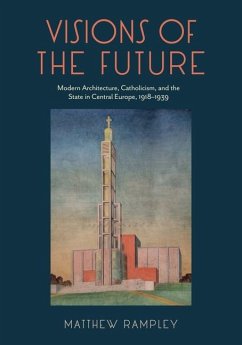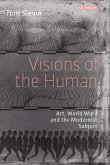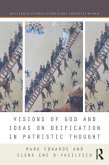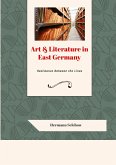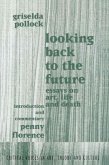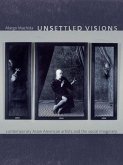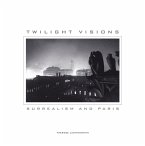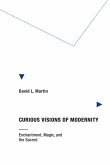Some of the most striking examples of modernist architecture are churches, yet they have seldom been subject to extended critical analysis. In this book, Matthew Rampley provides just such an analysis, focusing on the Catholic church in interwar Austria, Czechoslovakia, and Hungary. A powerful institution in the Habsburg Empire, the Catholic Church continued to be a central social, political, and cultural agent after 1918, working in alliance with political parties and national governments to promote visions of a new national culture. As a result, church building took on an important ideological and political function. Rampley's study is set against the backdrop of two interrelated issues: the role of architecture in the Catholic Church's response to an increasingly secular modernity, and church architecture as part of the Church's attempts to shape social and political life in the states that emerged after the collapse of Austria-Hungary. Rampley also examines the aesthetic, cultural, and political contexts that informed architectural projects, including the conflict between Catholicism and social democracy, the embrace of fascism, Catholic theories of technology, and discourses of regionalism and ruralism. In bringing to light an untold chapter in the history of modern architecture, this book also engages in methodological reflection on the implications of the study of modern church architecture for the historiography of modernism. This book will appeal to students and scholars of architectural history, religious and political history, and interwar Central European history.
Hinweis: Dieser Artikel kann nur an eine deutsche Lieferadresse ausgeliefert werden.
Hinweis: Dieser Artikel kann nur an eine deutsche Lieferadresse ausgeliefert werden.

